The CMP Review — Week of June 16
June 16, 2025
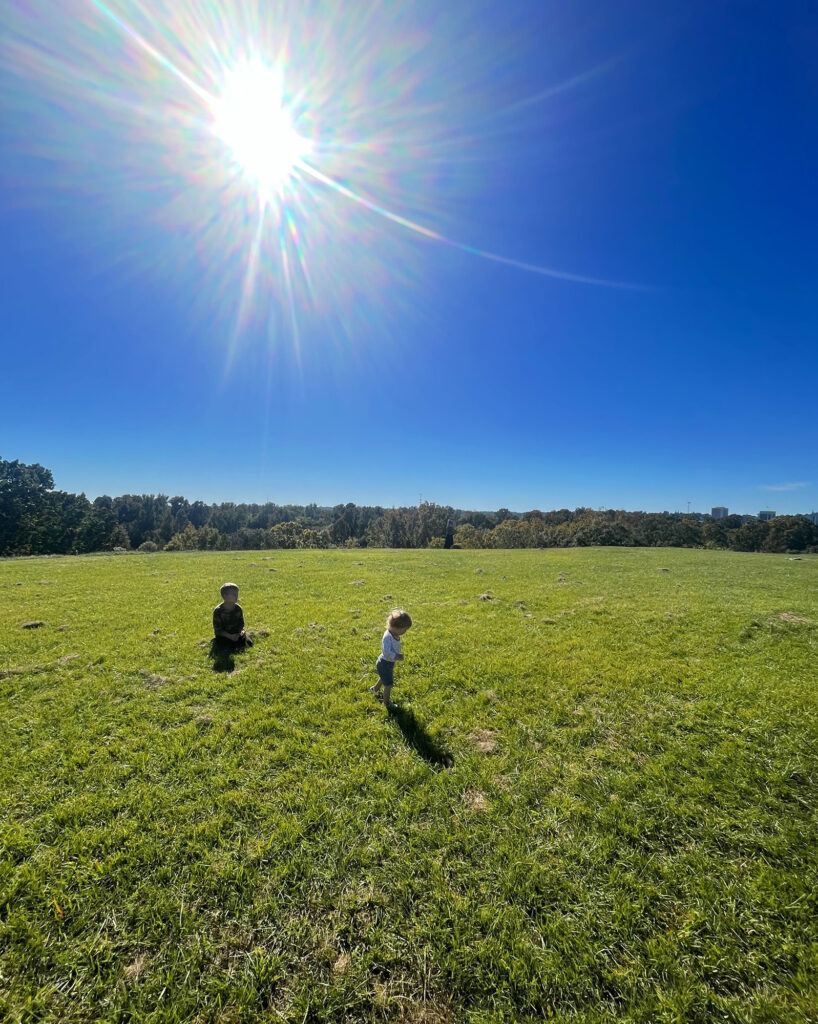
“Open-air Memories should be Stored.—We have in these few lines a volume of reasons why we should fill for children the storehouse of memory with many open-air images, capable of giving them reflected sensations of extreme delight. Our constant care must be to secure that they do look, and listen, touch, and smell; and the way to this is by sympathetic action on our part: what we look at they will look at; the odours we perceive, they, too, will get.” (Vol 2 pp. 192–193)
@tessakeath
June 17, 2025
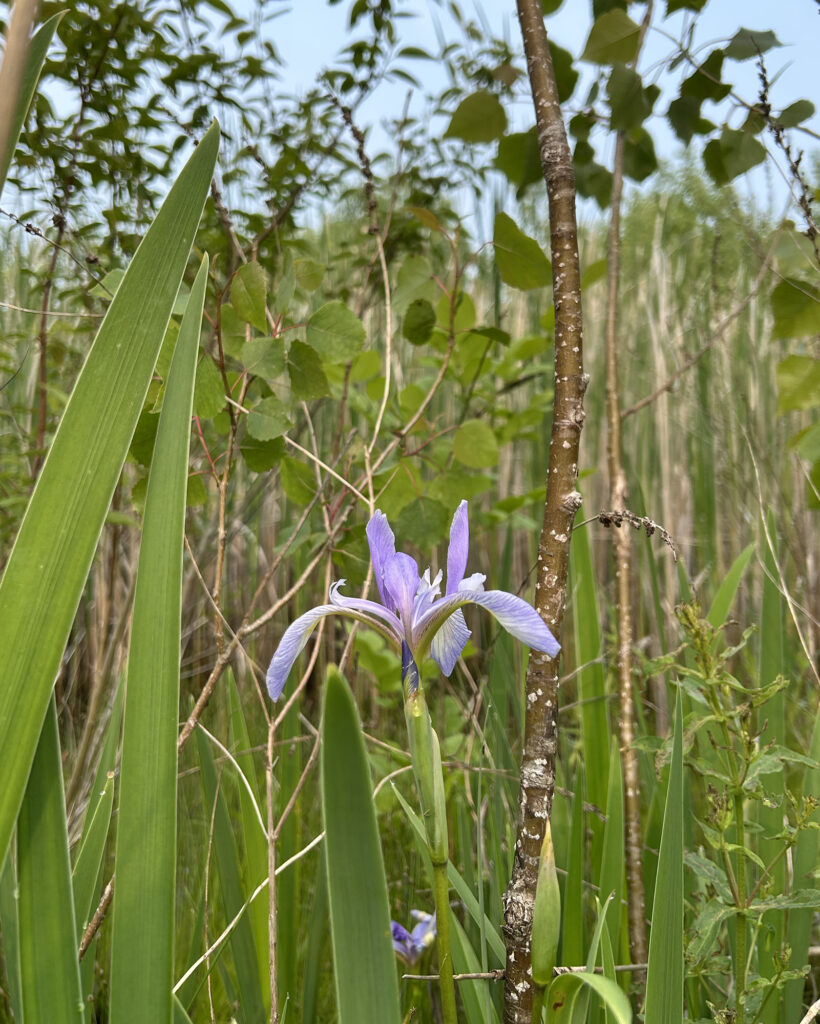
Violet Curry was a House of Education graduate who founded her own PNEU school which she led until her retirement in 1956. In 1925, she spoke on the topic of nature study at the PNEU Children’s Gathering in Canterbury. Her paper was published in the Parents’ Review and transcribed on Charlotte Mason Poetry.
The following year, a PNEU meeting was held in connection with the Conference of Educational Associations to consider the topic “Democracy and Taste.” Four subject areas were addressed: citizenship, nature study, art, and music. Miss Curry was asked to speak on nature study.
Miss Curry’s 1926 paper follows a markedly different approach, perhaps given the different audience. Taken together, her two papers provide a panoramic view of nature study. Today we present her second paper. Read or hear it here.
@artmiddlekauff
June 18, 2025
Do you judge a book by its cover?
Here are the four of the prettiest books in my collection. What are some of yours?
@rbaburina
June 19, 2025
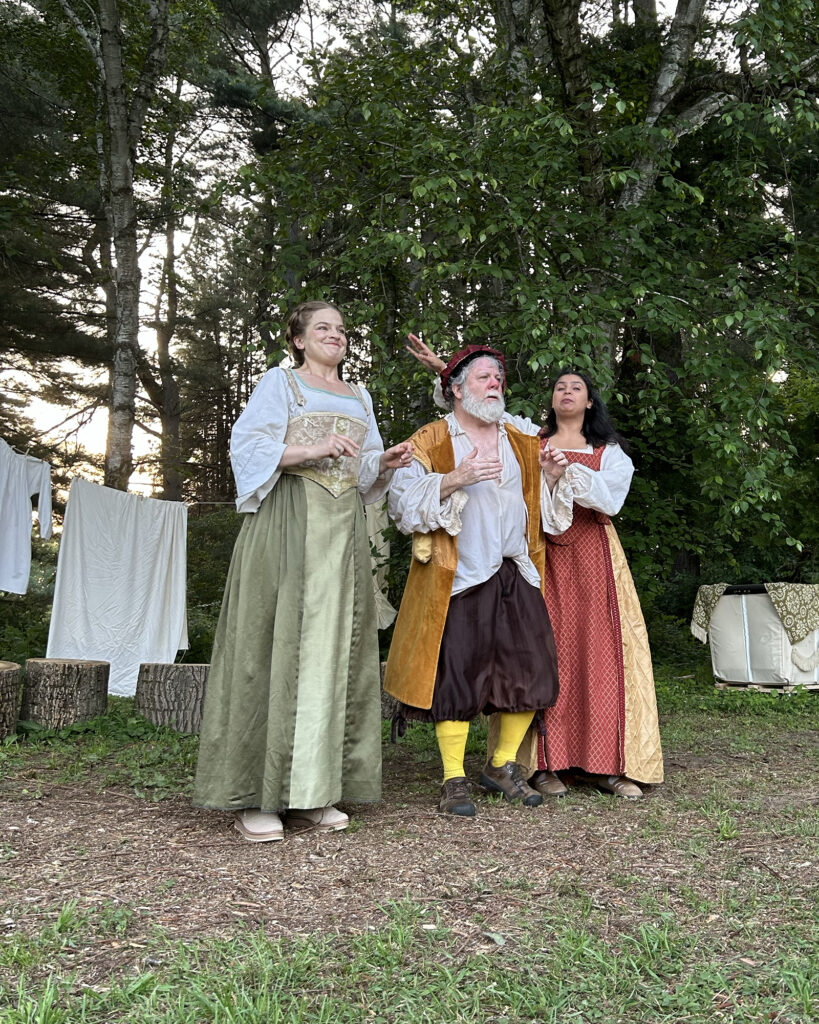
William Carpenter wrote that Shakespeare “possessed, in an unrivalled degree, the power of idealising every type of humanity which he brought before our mental vision; and in so doing displayed to us the working of every variety of character, with a fundamental truth which makes his delineations represent, not the men or women of any particular time or place, but those of all time and every place;—his marvellous insight enabling us to see them in his pages more truly than if they were actually performing their several parts in the world’s drama before our own eyes.”
The unique and timeless appeal of these works is surely the motivating force behind the many Shakespeare in the Park festivals all over the world. When a play is performed outdoors, there is a magical connection between the actors and the audience. And when there is no stage, the drama blends with the world’s drama even more seamlessly.
“Shakespeare in the Arb” in Ann Arbor is unusual because it is a “moving performance.” Taking place in the Nichols Arboretum, the audience walks to different locations between each act to watch the drama unfold in ever-changing natural settings. I enjoyed this immersive experience over the weekend and saw The Merry Wives of Windsor for the first time.
It was thrilling to hear “the world’s mine oyster” in its original context, a saying that I’ve heard many times over the years. But on a deeper level it was immensely satisfying to see a story that speaks of “all time and every place.” This year’s production runs through June 29.
@artmiddlekauff
June 20, 2025
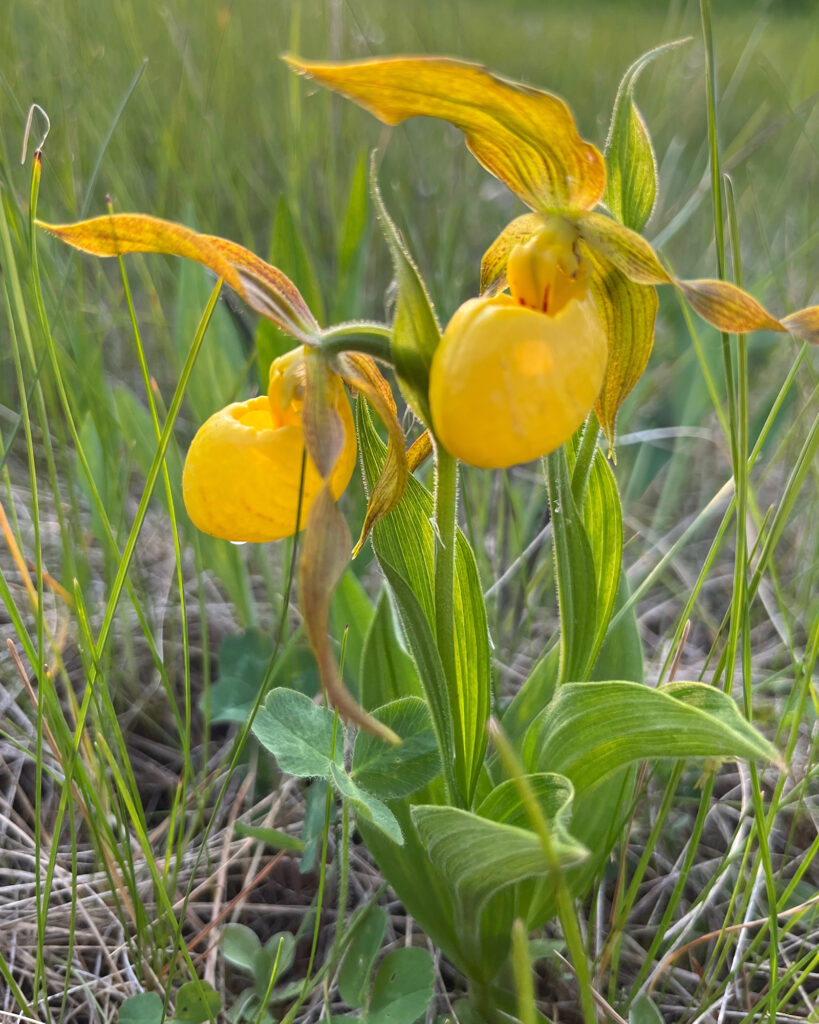
Lady’s slippers are so special!
We don’t see many where we live, but there are a few patches hidden in one particular ditch nearby.
I like to keep checking back until I find them, and then again and again, to enjoy them while they last.
Do you have a favourite wildflower that you keep checking in on?
@antonella.f.greco
June 21, 2025

“In the fairy story goodness means, for the most part, kindness of heart and valour, while wickedness means cruelty and cowardice and ill-nature. Now, kindliness and fearlessness are just the two virtues that children most admire and love, and their opposites do they condemn and dislike. We mothers might well take this to heart. Most educated mothers do try and teach their children to be kind and to control their tempers, but not many realise the importance of teaching children to be brave.”
PR 37, p. 195.
@rbaburina
June 22, 2025
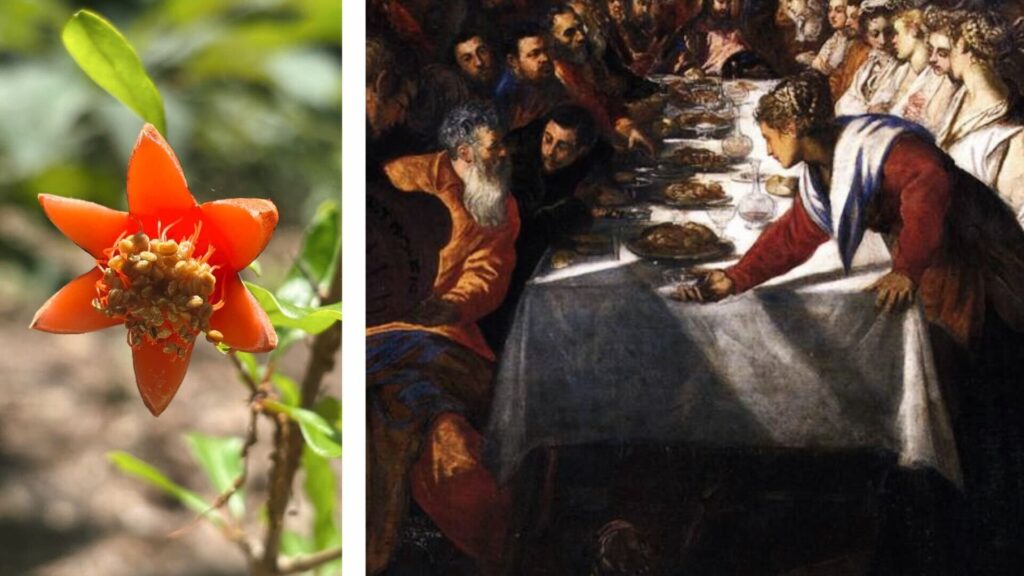
The dinner of Luke 14 continues with a parable from Christ. D. L. Bock observes that “Jesus’ point is not that we should connive to receive greater honor. Rather, he is saying that honor is not to be seized; it is awarded. Jesus is not against giving honor to one who deserves it, but he is against the use of power and prestige for self-aggrandizement. God honors the humble, and the highway of humility leads to the gate of heaven.”
Charlotte Mason develops this theme in her poem “The Judge in presence.” “God retains His high command,” she declares. Read or hear the complete thought here.
@artmiddlekauff